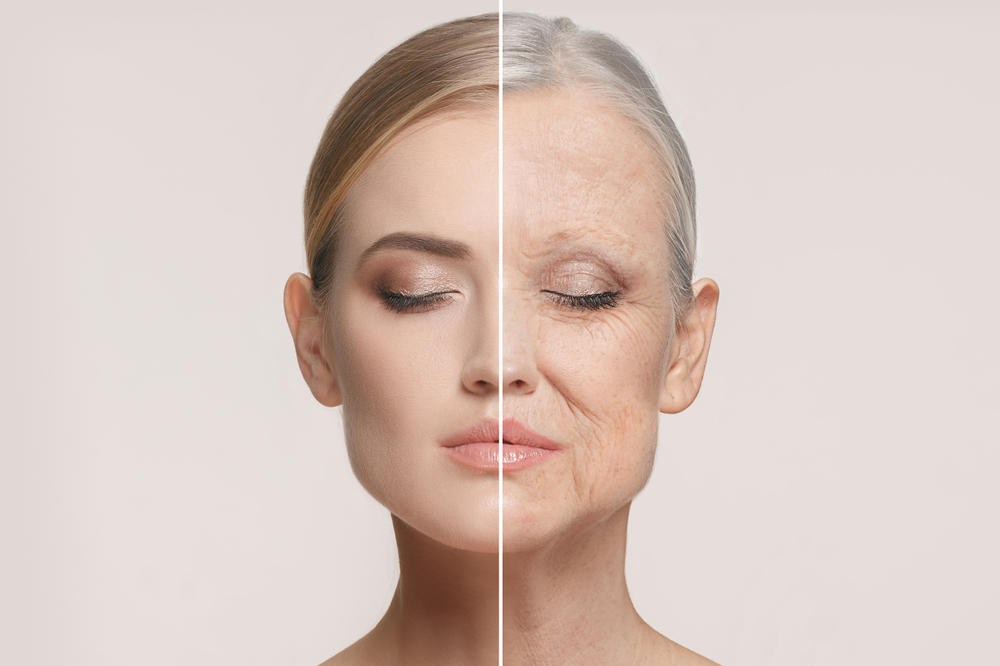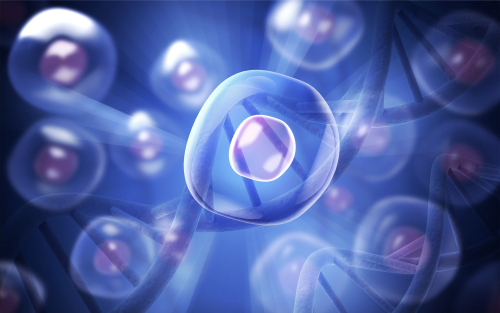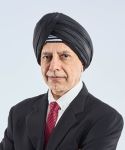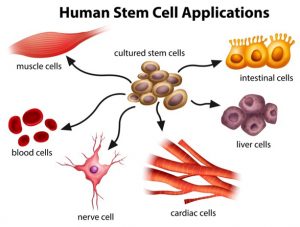WORDS DR FERNANDO CORTIZO
 FEATURED EXPERT FEATURED EXPERTDR FERNANDO CORTIZO Executive Director Agape ATP Corporation |
In Malaysia, like many other nations, the ageing population is a growing concern, highlighting the need for sustainable healthcare solutions.
This backdrop adds a poignant relevance to humanity’s age-old fascination with staying young forever. From legendary tales like the fountain of youth to cutting-edge scientific research, the concept of reversing ageing has captured our imagination for centuries.
Today, thanks to breakthroughs in biotechnology and medical research, what once seemed like a fantasy is edging closer to reality.
ANTI-AGEING & INTEGRATIVE MEDICINE
The idea of reversing the effects of ageing is now firmly established in the domains of scientific investigation and experimentation.
Until now, by using an integrative medicine approach, most of the efforts have been focused on the slowing down of the ageing process. This has been possible by a combination of exercise, nutrition, lifestyle modification, diet, and hormones restoration.
Researchers have made great progress in solving the secrets of ageing over the course of the past few decades. They have identified critical molecular pathways and biological processes that contribute to cellular decline and senescence. Armed with this information, scientists are currently engaged in the process of actively researching new products, therapies, and protocols with the goal of reversing the fundamental process of ageing.
The fields of regenerative medicine, cellular rejuvenation, and genetic engineering are witnessing ground-breaking discoveries that are at the vanguard of this revolutionary frontier.
STEM CELLS & IMMUNOTHERAPY
The utilization of stem cells, which possess the theoretical capacity to regenerate and repair damaged tissues, is one strategy that shows promise.
The regenerative ability of stem cells is harnessed by scientists to investigate new methods of replenishing ageing cells, restoring tissue function, and rejuvenating organs that have aged.
The application of these cells in a clinical setting, while promising, remains a challenge, with many unregulated operators offering a variety of stem cells treatments without the proper safety and quality checks and balances.
Furthermore, there is clear lack of consensus and criteria within the scientific and medical community as to what constitutes a proper stem cell and expected outcomes for clinical application.
EPIGENETICS & GENE EXPRESSION
Epigenetics is the study of changes in gene expression that do not involve alterations to the underlying DNA sequence.
It is another line of inquiry that takes into consideration the function that epigenetics plays in the regulation of the ageing process. This approach currently offers some promising results in animal studies when it comes to reversing macular degeneration, eyesight loss, and physical ageing.
Resetting the biological clock, reversing age-related alterations, and restoring youthful gene expression patterns are the goals of researchers that manipulate epigenetic pathways in an effort to reset the biological clock. The epigenetic therapies that are being discussed here have the potential to revitalize cells and tissues and thereby reversing the effects of human ageing.
SENOLYTICS & ZOMBIE CELL ELIMINATION
Recent developments in the field of senolytics—a category of medications that selectively target and remove senescent cell that accumulate with age and contribute to tissue malfunction—have opened up new options for reversing the degeneration associated with ageing.
During preclinical research, senolytic medicines have demonstrated the potential to restore tissue function and improve overall health span. This is accomplished by eliminating the “zombie cells” that are present in tissues that have aged.
ARTIFICIAL INTELLIGENCE (AI)
Recent developments in artificial intelligence and machine learning are altering our understanding of ageing and expediting the identification of anti-aging therapies. These developments are occurring in addition to the biological approaches that have been discussed previously.
Artificial intelligence algorithms are able to uncover novel biomarkers of ageing, anticipate individual health trajectories, and adapt individualized interventions for best anti-aging outcomes. This is accomplished by evaluating large volumes of data, which range from genomic profiles to clinical outcomes.
ETHICAL CONSIDERATIONS
The possibility of reversing the effects of ageing is filled with fundamental ethical, social, and philosophical concerns.
We have to address fundamental concerns about the nature of ageing, identity, and the human experience when we pursue the idea of a longer lifespan and eternal youth.
We must make certain that equal access to anti-ageing medicines is emphasized, and that the benefits are distributed in an equitable manner across a variety of communities, as we continue to push the limits of what is considered to be a healthy lifespan.
The extension of lifespan will challenge our perception and attitudes about future generations and the world’s limited resources and environmental impact at a large scale.
Furthermore, the pursuit of reverse ageing encourages us to rethink the ways in which our society views the ageing process and adopt a more holistic approach to health and well-being.
Instead of perceiving ageing as an inevitable decline, we can adopt a proactive mentality that prioritizes preventative methods, healthy lifestyle choices, and interventions that promote resilience and vitality across the lifespan. This will allow us to perceive ageing as something that is actually happening.
EMBRACING PROGRESS WITH OPTIMISM & INQUISITIVENESS
Much progress that has been made in reverse ageing is the final frontier in our search for life and endless youth. We are getting closer and closer to discovering the reasons behind the ageing process and prolonging the health span and the lifespan of the human body with each new scientific discovery and technological advancement.
These are indeed exciting times. Together, we should embrace the potential of reverse ageing with optimism, inquisitiveness, and a persistent dedication to enhancing the human condition in the decades to come.



 DR LEE TJEN JHUNG
DR LEE TJEN JHUNG DATO’ DR RAJBANS SINGH
DATO’ DR RAJBANS SINGH